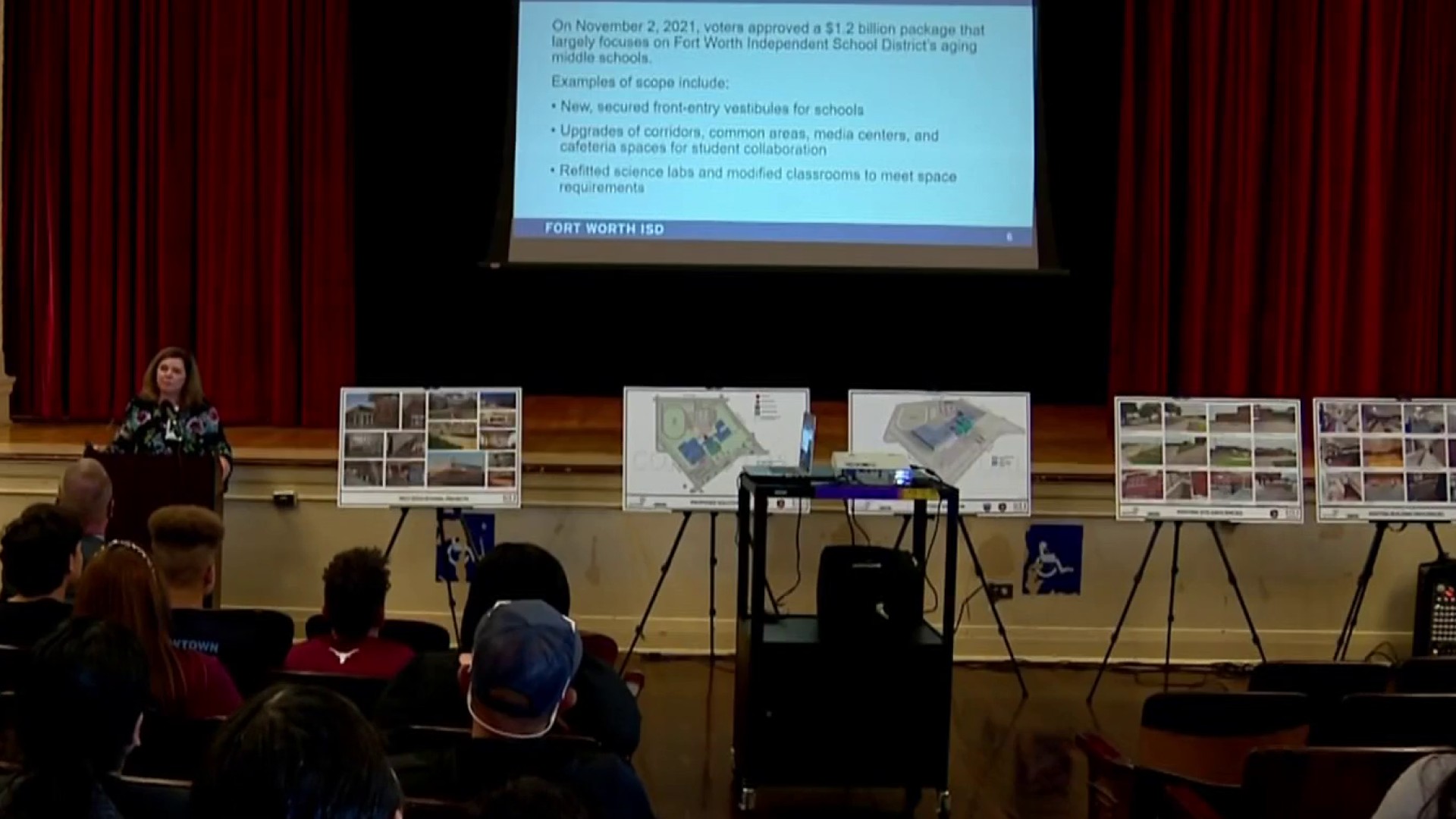The American Academy of Pediatrics recommends a nurse should be present full time at every school. But faced with budget cuts, many schools are opting to have a nurse onsite only part time or not at all.
"This means relying on teachers and staff to dispense medication, treat injuries and handle emergencies," Consumer Reports' Lisa Gill said.
At the same time children, are going to school with complex medical needs, like food allergies and asthma. So if your child needs medication during school what can you do?
Make sure you give explicit instructions to the person in charge of dispensing your child's medication. And make sure to label it clearly.
"For more serious conditions like asthma, diabetes or epilepsy ask your pediatrician to submit an action plan to the school that outlines the necessary steps," Gill said.
For example, when a student with asthma should use a rescue inhaler — when a student with diabetes should be given insulin — or what to do in case of seizure.
Josephina Liranzo has two daughters with seasonal asthma. Both need to be given medication during school.
Local
"I am very dependent on the nurse because if they don't provide the medication or she doesn't get medication to my daughters, they will get worse," she said.
Liranzo said she is thankful her school has been able to keep a full-time nurse on staff.
"If there was not a nurse here, I would be very stressed," she said.
If your child's school is having issues with their nurse availability, make sure you know your rights. A federal law — known as the 504 plan — states schools must accomodate the specific needs of your child.
Also, make sure your child's teacher is aware of their medical needs so you have another adult at the school who understands what your child needs.



